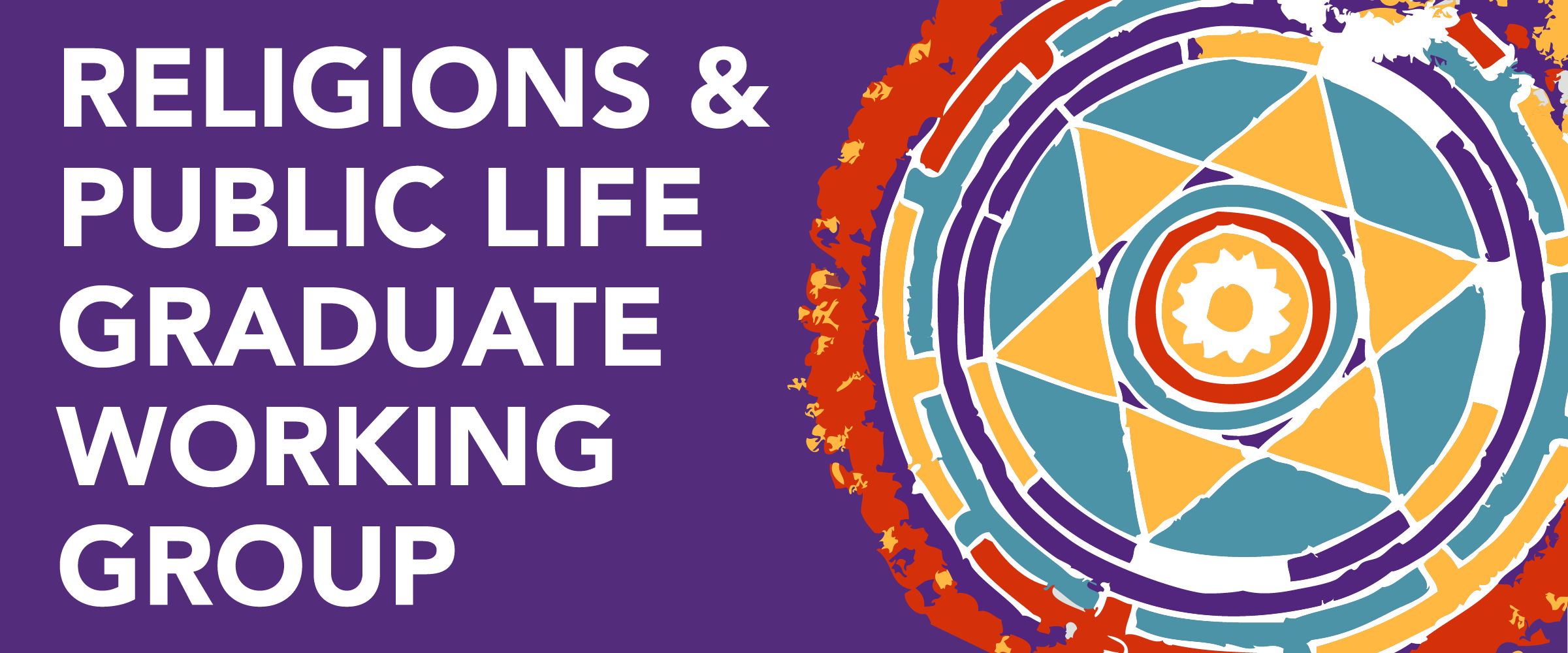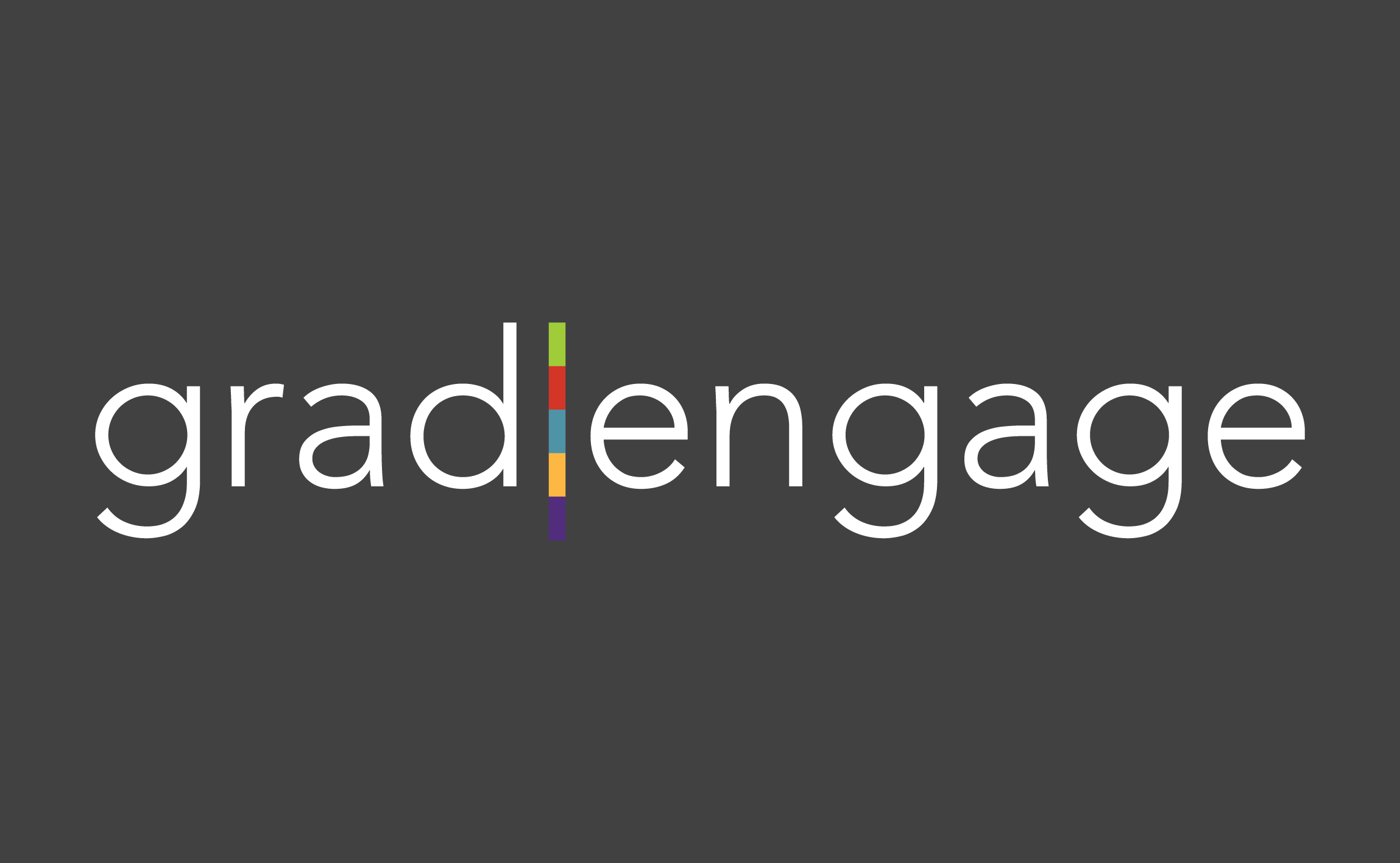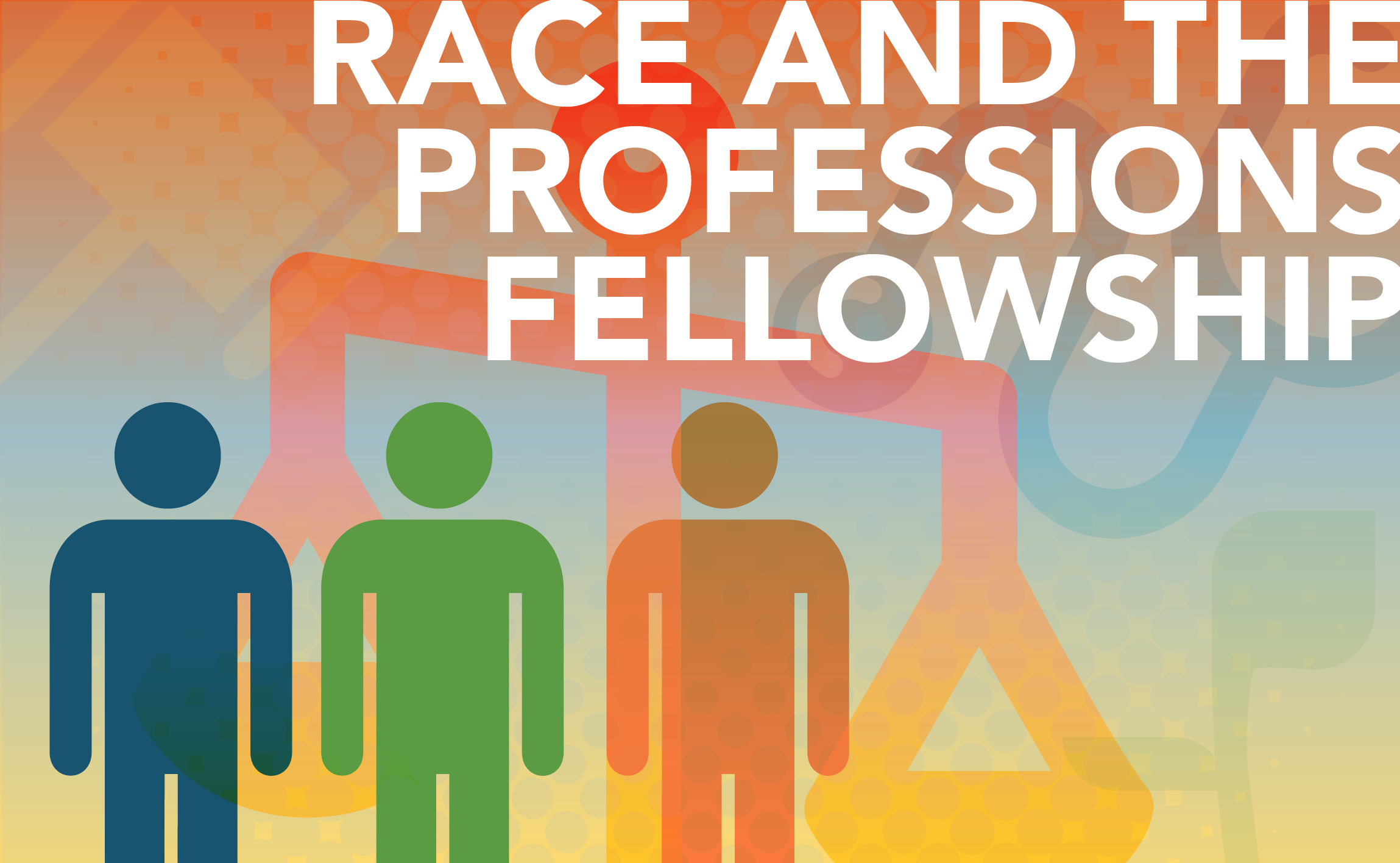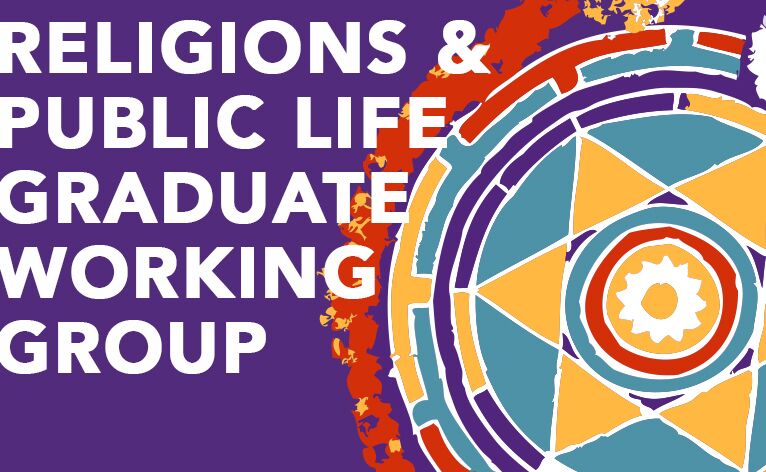Religions and Public Life at the Kenan Institute for Ethics explores the role of religions in historical and cultural context as they influence the lives of their adherents, interact with each other across time and geography, and contribute to the formation of institutions that make up the public sphere. This year, ten Religions and Public Life Graduate Fellows have been selected from Duke and UNC-Chapel Hill to be a part of an interdisciplinary working group to engage questions regarding the place of religion in contemporary social and political life. Building upon last year’s theme, this year’s theme will be “Immigration and Religion.”
On the working group’s focus, Professor Malachi Hacohen notes, “At a time when borders are closing and walls are being erected, an interdisciplinary graduate student group is responding with a model of collaboration for our world. Bringing together students from Divinity and the Graduate School, and with campus wide support from the Kenan Institute for Ethics, Center for Jewish Studies, Duke Islamic Studies Center, and Duke University Middle East Studies Center, graduate students studying divergent regions of the globe will explore the relationship between immigration and religion, seeking religious paths to the reconstruction of human life.” Over the course of the academic year, the cohort will discuss and develop their respective projects, providing each other with mutual support and opportunities for collaboration. Their work will be shared on the Religions and Public Life website at the conclusion of the fellowship.
Previous years’ themes include “Immigration and Religion” (2020-21), “Church and State” (2019-20), “Pain and Joy: Polemics and Praise in Religious Communities” (2018-19), and “Minorities and Diasporas” (2017-18).
Meet the Fellows:





































